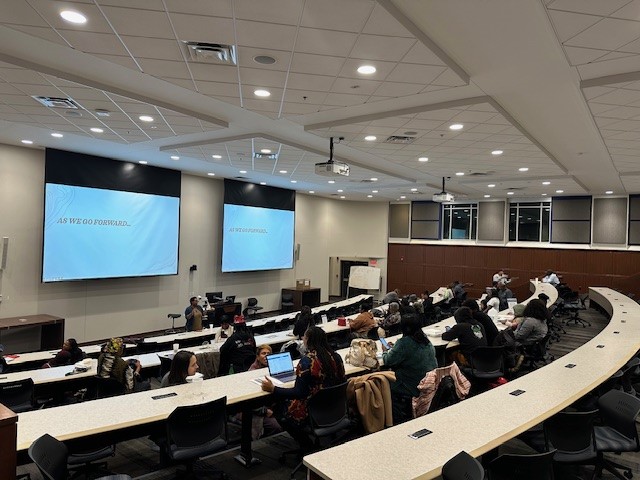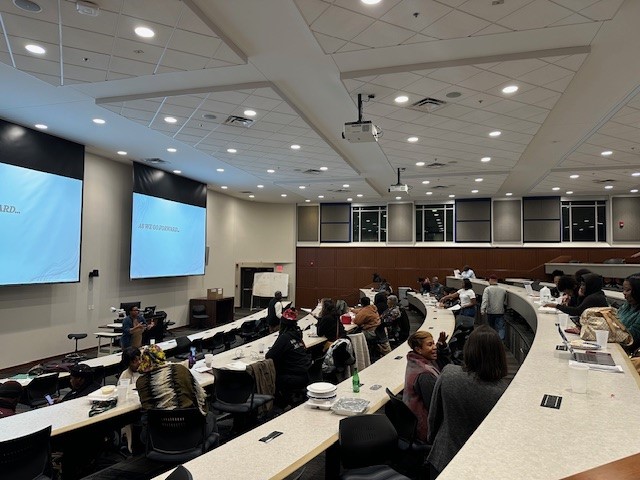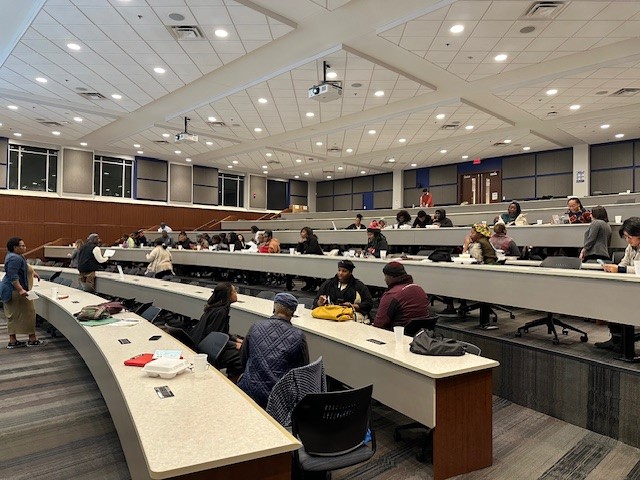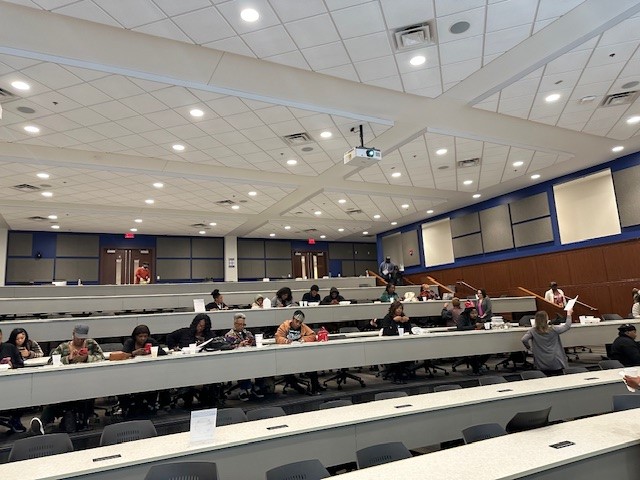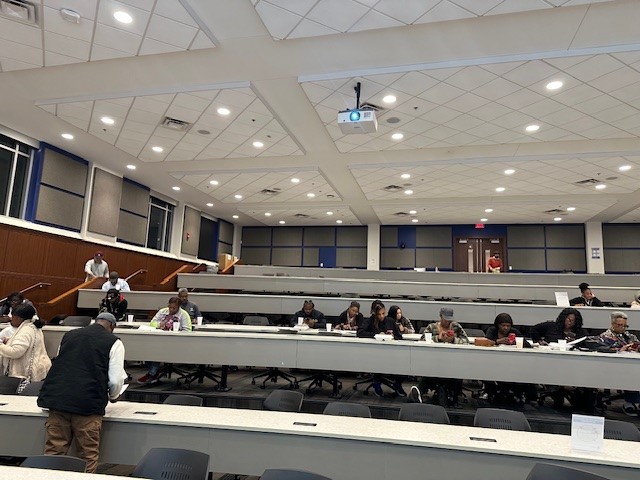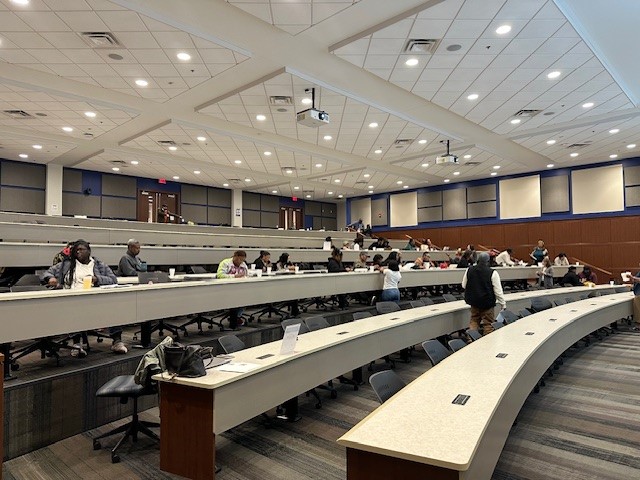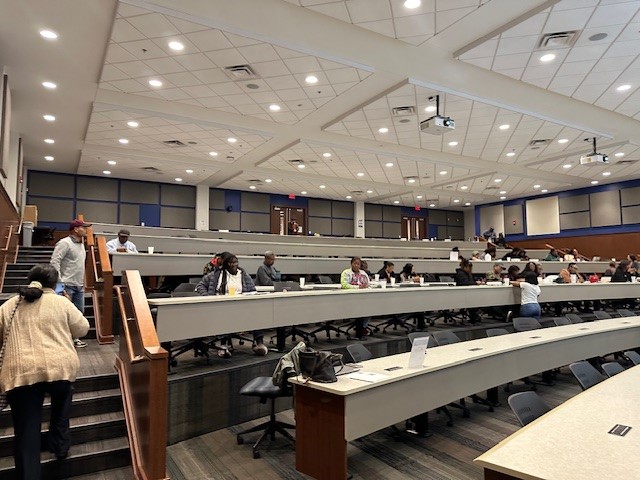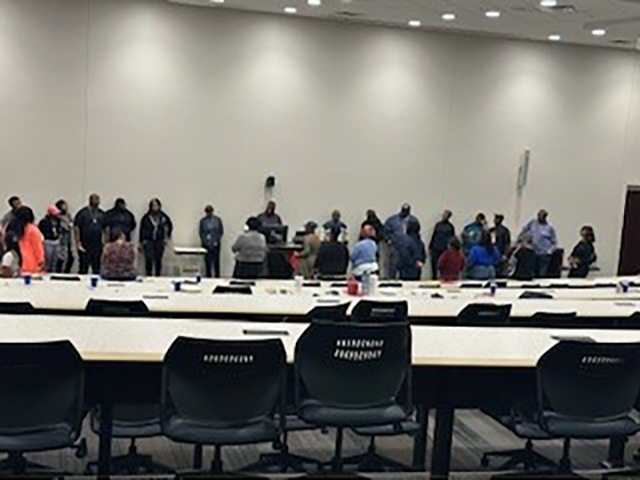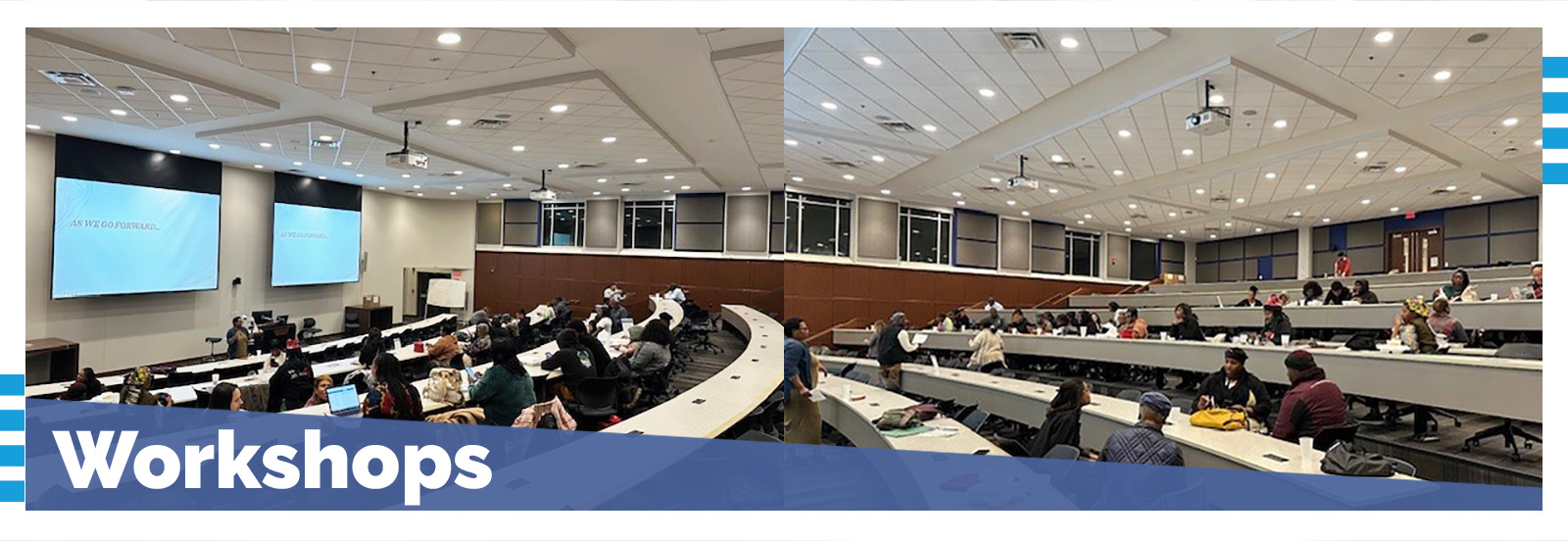 2023 Capacity Building Workshops
2023 Capacity Building Workshops
 Workshop Purpose
Workshop Purpose
Workshops for Community Groups
The purpose of the Community Workshops was to empower community members in Memphis by focusing on the nexus of emotional literacy, trauma-informed care, and collective well-being. Workshops were two-hours and were preceded by dinner. In a city with unique urban challenges, community wellness was not just an individual pursuit but a collective responsibility. Using social collectivism as a framework, we aimed to promote interconnectedness and share emotional vocabulary, which was vital for collective resilience. We also incorporated narrative theory to allow a shared language for understanding personal and collective trauma. We aimed to build a more empathetic community that could contribute meaningfully to local policy changes, enhancing public health and overall well-being.
Workshops for Shelby County Health Department Employees
The purpose of the Shelby County Health Department Employee Workshops was to augment the professional development of Health Department employees by fusing practical skills with theoretical foundations in social collectivism, narrative theory, and social capital. Workshops were two hours and occurred during the workday. We recognized that treating the individual was only part of the puzzle in addressing urban public health challenges. By focusing on a multi-layered approach that examined both individual and collective forms of trauma, the workshops aimed to provide the analytical tools and skills necessary for staff to engage more deeply with the communities they served. We aimed to influence policy changes that would improve individual and community health outcomes.
 Goals
Goals
- Enhance Emotional Literacy: To elevate everyone's understanding and application of trauma-informed care, establishing a shared language for discussing emotional experiences.
- Strengthen Cohesion and Mutual Support: To build supportive, empathetic environments within the health department and the broader community, valuing both individual and collective insights.
- Foster Community-Wide Engagement: To equip all participants with the tools and confidence to engage meaningfully in trauma-sensitive interactions, thus strengthening our shared social fabric.
 Photo Gallery
Photo Gallery
 Community Workshop Summaries
Community Workshop Summaries
Capacity Building Workshop 1
Facilitated by Kelli Harris, LPC-MHSP, the first workshop took place on Tuesday, September 26th at 5:30 pm and focused on establishing a shared language for discussing emotional experiences within the community. Titled "Emotional Literacy from a Trauma-Informed Perspective," this workshop aimed to lay the foundational principles of social collectivism, pushing for a community-centered approach to emotional well-being. The workshop included warm-up activities, serving as ice breakers to initiate dialogues around emotional expression. Small group activities encouraged participants to explore similarities and differences in how feelings are experienced and articulated. Expected outcomes for community leaders included enhanced capacity to foster supportive and empathetic environments within their organizations and a heightened sense of responsibility for contributing to trauma-informed practices at the community level.
Capacity Building Workshop 2
Facilitated by Dr. Kirsten Hawes, LPC-MHSP, took place on October 18th at 5:30 pm. This workshop elucidated the ACE study, providing participants with valuable insights into the relationship between childhood trauma and lifelong health and social consequences. Special attention was given to how our communities' collective experience of trauma impacts our social fabric and social capital. Activities consisted of community-level discussions on the ACE study and individual exercises to determine one's own ACE score. Expected outcomes for community leaders included increased awareness of how trauma affects community well-being and actionable insights into how community-led initiatives can mitigate the long-term impacts of adverse experiences.
Capacity Building Workshop 3
Co-facilitated by Kelli Harris, LPC-MHSP, and Dr. Kirsten Hawes, LPC-MHSP, this session took place on November 9th at 5:30 pm and focused on "Narrating Wellness Through the Nurturing Nod." It provided a trauma-informed tool that helped narrate personal stories through non-verbal cues. The workshop combined principles from previous sessions as emotional resources for deeper personal reflection. The core activity involved color-coded cards that participants were drawn to, offering a nod as a form of acknowledgment when standing on the same card as another. Social collectivism and social capital were intertwined in the workshop's design, promoting community cohesion. Expected outcomes for community leaders included improved ability to read and respond to non-verbal cues within their communities and an enhanced sense of collective responsibility for community well-being.
Capacity Building Workshop 4
Led by Tonya Meeks, the final workshop took place on November 28th at 5:30 pm. The focus was on "Operationalizing Social Capital: Findings and Recommendations." This session aimed to collate and assess the collective learnings from the entire workshop series, looking at how they contributed to the community's social capital and collective well-being. The framework of social capital was pivotal here, with an emphasis on strengthening community networks, trust, and shared norms. Expected outcomes included increased knowledge on how to quantify and cultivate social capital within community organizations and a set of community-specific recommendations for enhancing trauma-informed practices.
 Shelby County Health Department Employee Workshop Summaries
Shelby County Health Department Employee Workshop Summaries
Capacity Building Workshop 1
Titled "Emotional Literacy from a Trauma-Informed Perspective," was facilitated by Kelli Harris, LPC-MHSP, on Tuesday, October 3rd at 2pm. This foundational workshop introduced emotional literacy through a trauma-informed lens, laying the groundwork for understanding collective emotional well-being. The session featured warm-up exercises like mini–ice breakers designed to get participants talking about how they express and experience feelings. Small group discussions followed to delve deeper into emotional vocabulary. The core framework for this workshop was social collectivism, emphasizing the interconnectedness that forms the backbone of a resilient and supportive work environment. Expected outcomes included an increase in competency for articulating emotional experiences in a professional setting and a deeper understanding of how collective emotional literacy can enhance departmental collaboration and community outreach.
Capacity Building Workshop 2
Facilitated by Dr. Kirsten Hawes, LPC-MHSP, took place on October 18th at 2:00pm and was dedicated to a deep dive into the Adverse Childhood Experiences (ACE) study. This workshop aimed to extend understanding of trauma by investigating how social collectivism interacts with the types and amounts of trauma prevalent in our communities. Participants learned to calculate their ACE scores and understand the long-term impact these experiences may have on overall well-being. The activities included group discussions on the disproportionate impact of trauma in our communities and an interactive exercise on calculating ACE scores. Expected outcomes for Health Department workers included enhanced awareness of the implications of ACE scores on public health and a deeper understanding of the interconnectedness of trauma within the context of social capital.
Capacity Building Workshop 3
Co-facilitated by Kelli Harris, LPC-MHSP, and Dr. Kirsten Hawes, LPC-MHSP, took place on November 9th at 2:00pm. Titled "Narrating Wellness Through the Nurturing Nod," the workshop offered an experiential exercise in which participants explored their personal trauma narratives without using words. The workshop incorporated learnings from the first two sessions, employing them as resources for deeper self-reflection. The activities involved color-coded cards that resonated with participants' lives, encouraging silent, empathetic acknowledgment through a simple nod. The framework of social collectivism was actively incorporated, fostering a sense of communal empathy. Expected outcomes included an enriched understanding of non-verbal communication as a tool for trauma-informed care and heightened levels of empathetic engagement within the department.
Capacity Building Workshop 4
Facilitated by Tonya Meeks, took place on November 28th at 2:00pm. Titled "Operationalizing Social Capital: Findings and Recommendations," the workshop synthesized learnings from the entire series. It aimed to examine empathy levels, personal values, and subjective units of distress levels, tying them back to the overarching theories of social collectivism and social capital. Expected outcomes included a thorough understanding of how to assess and improve the department's existing social capital and actionable recommendations for fostering a trauma-informed culture within the department.


